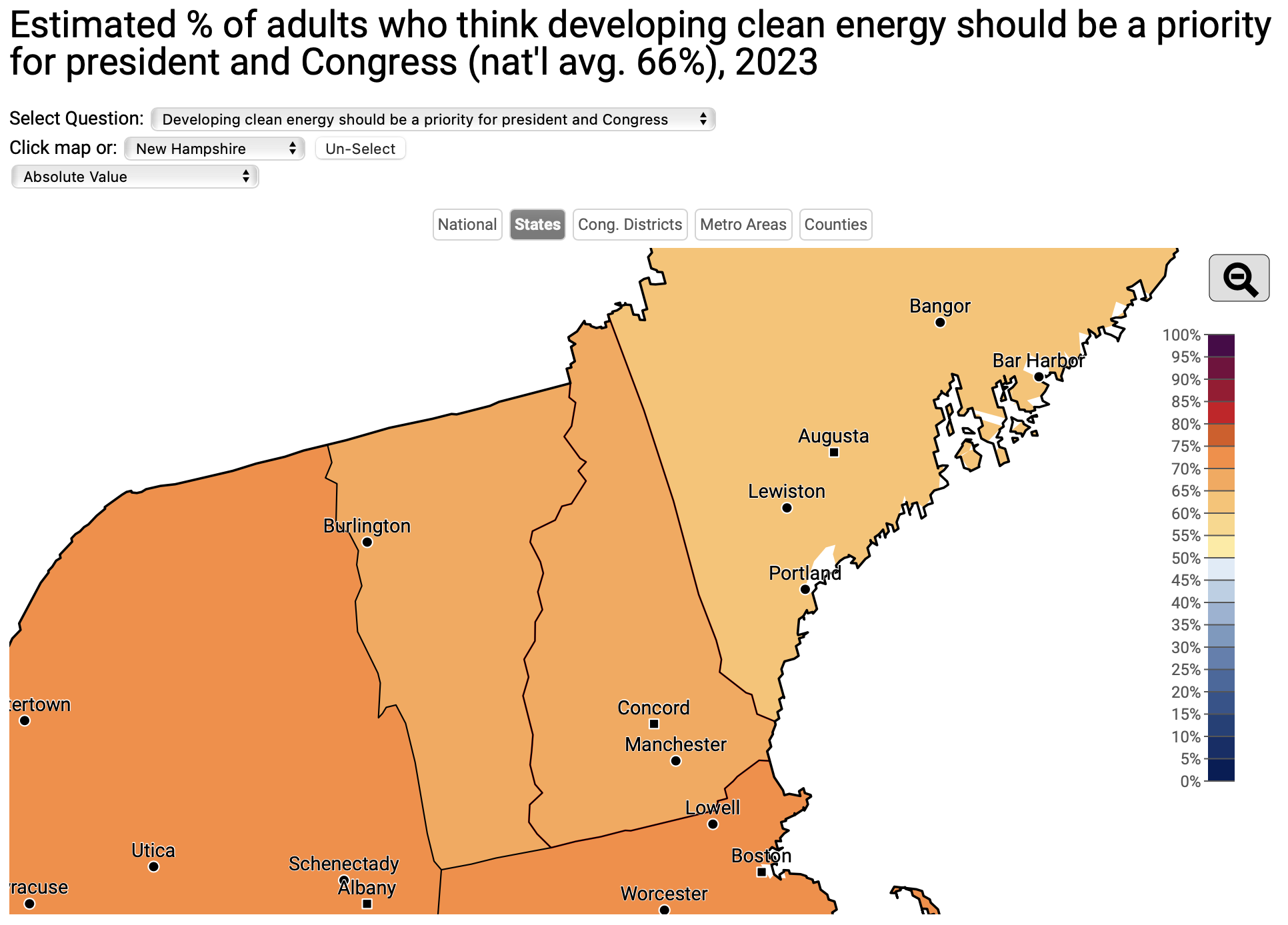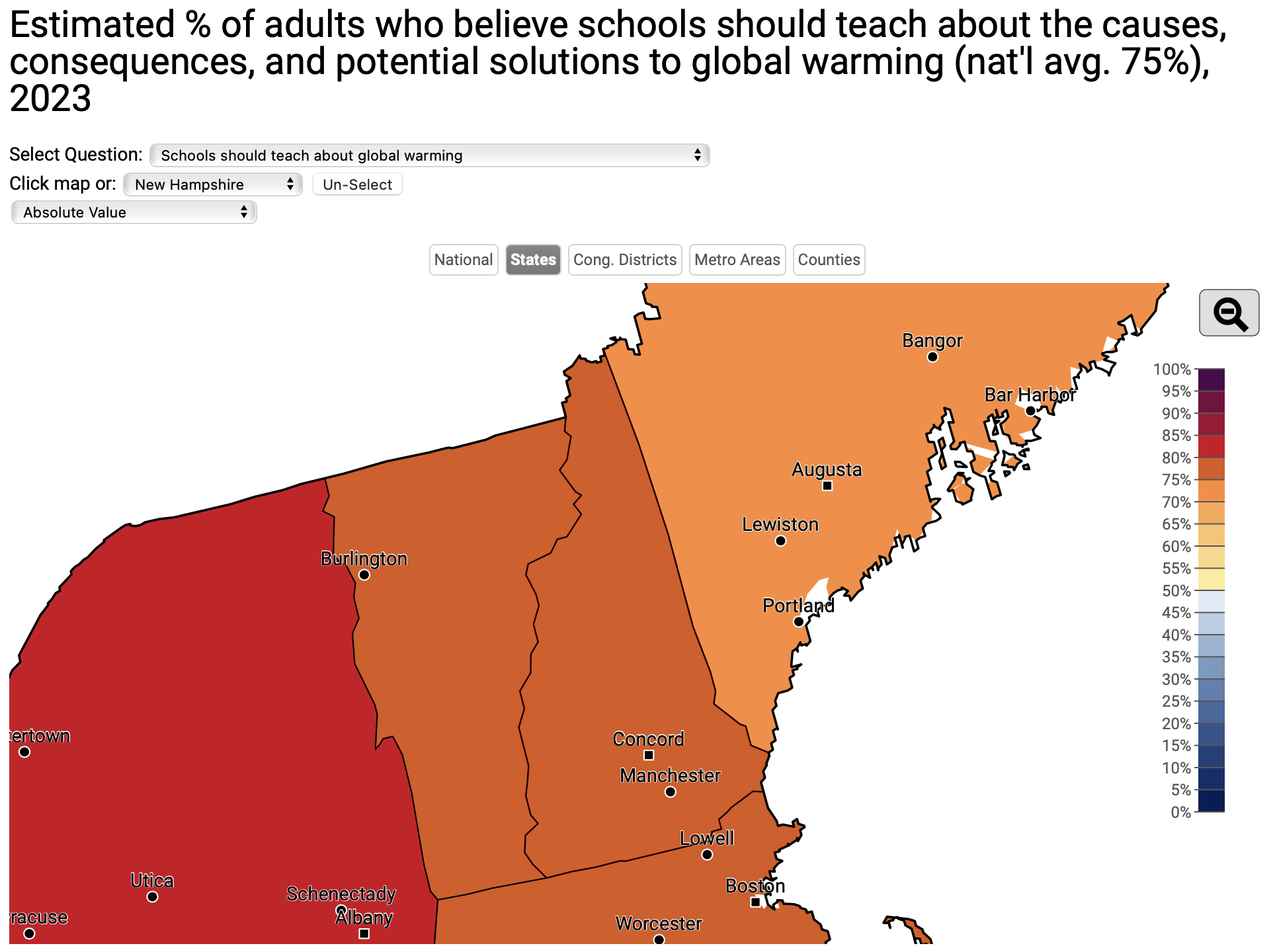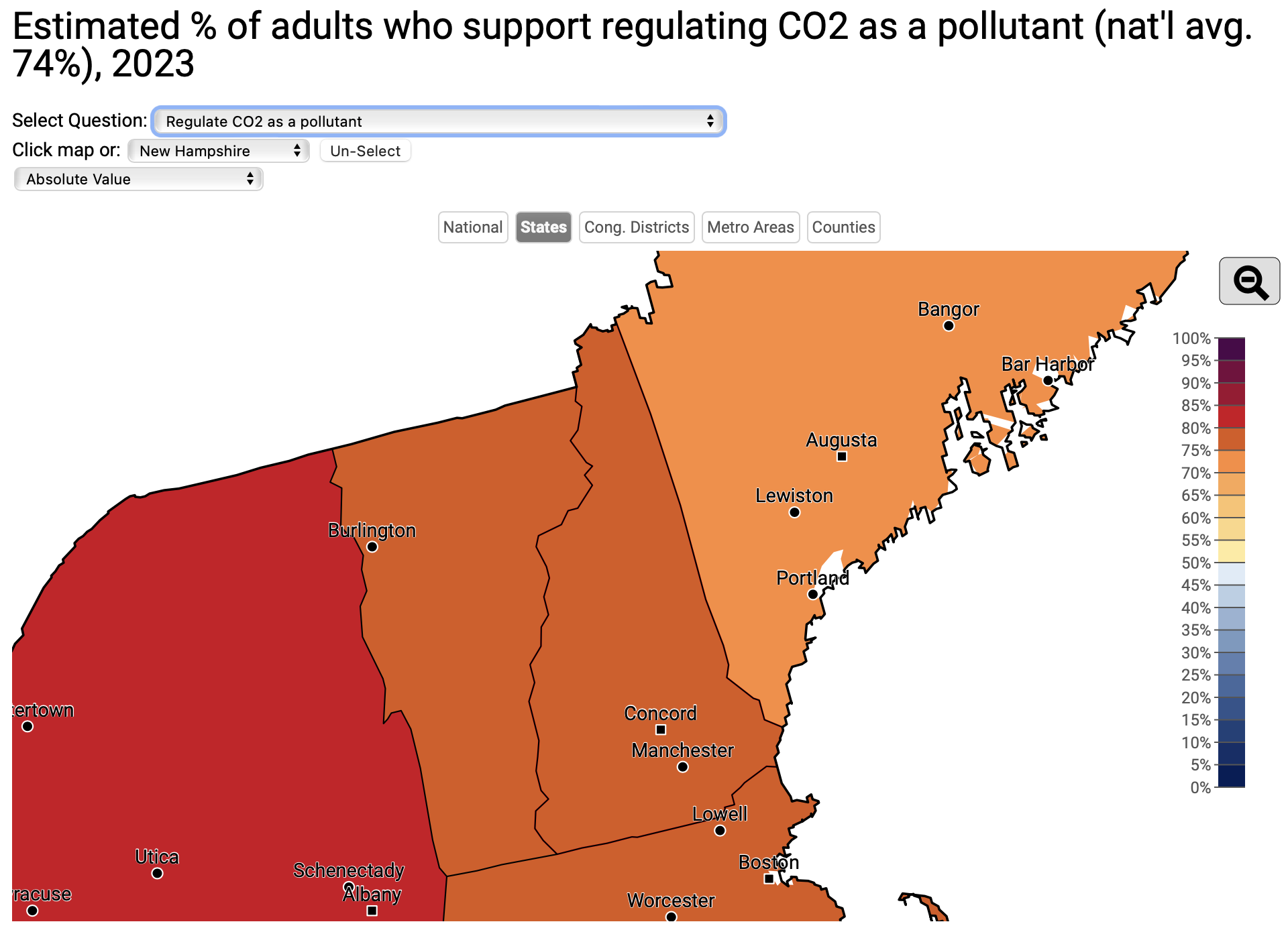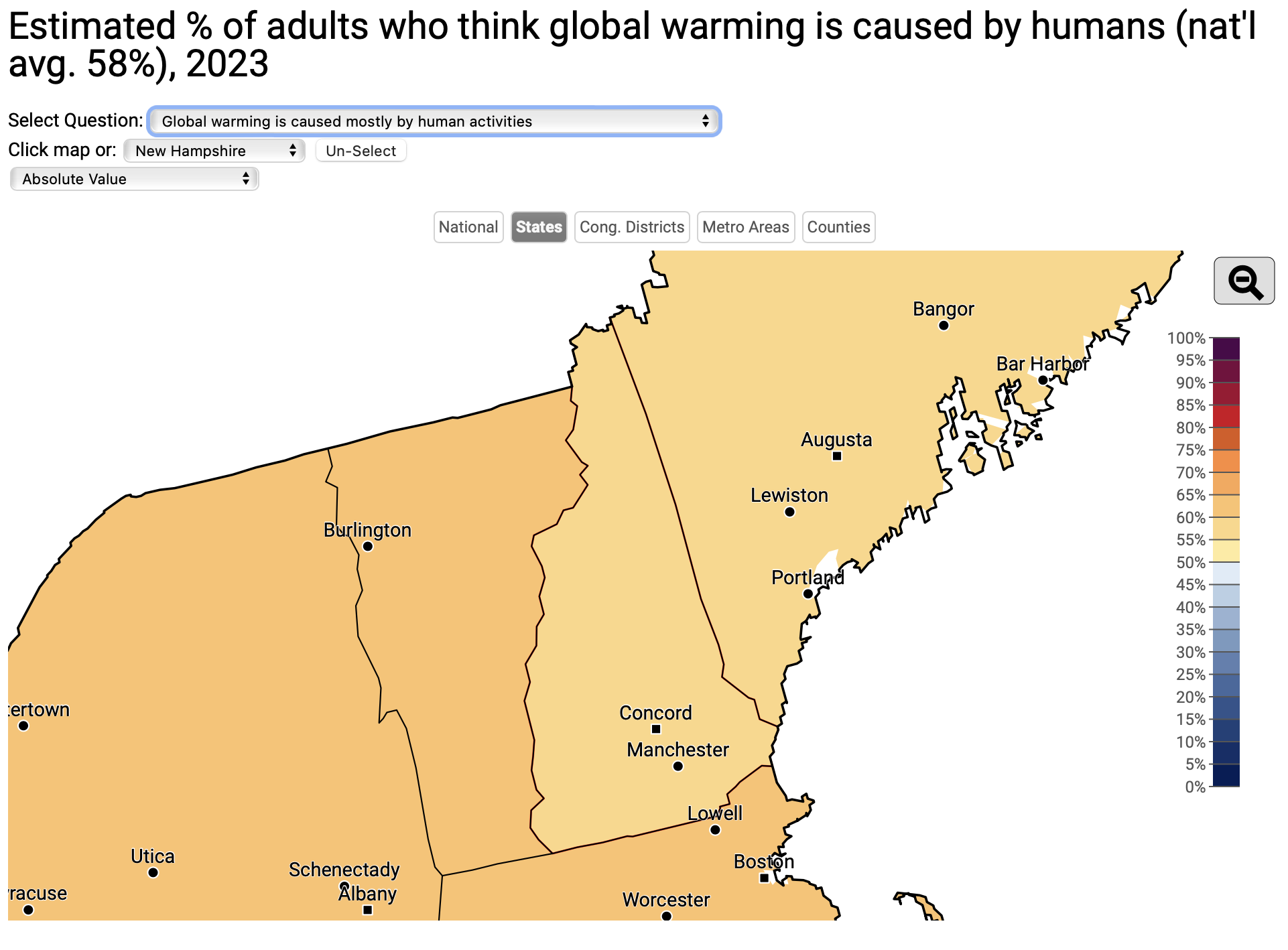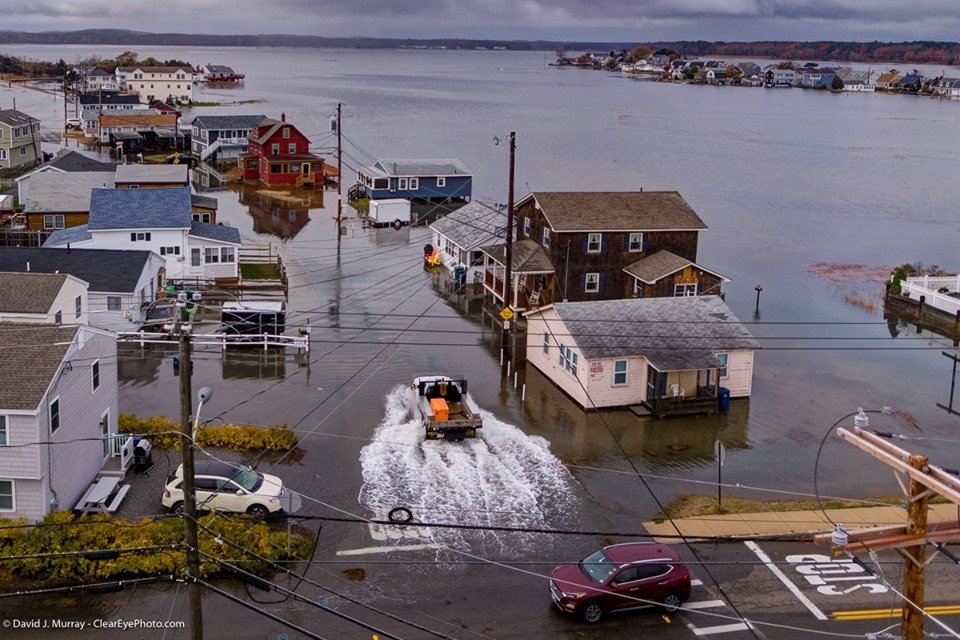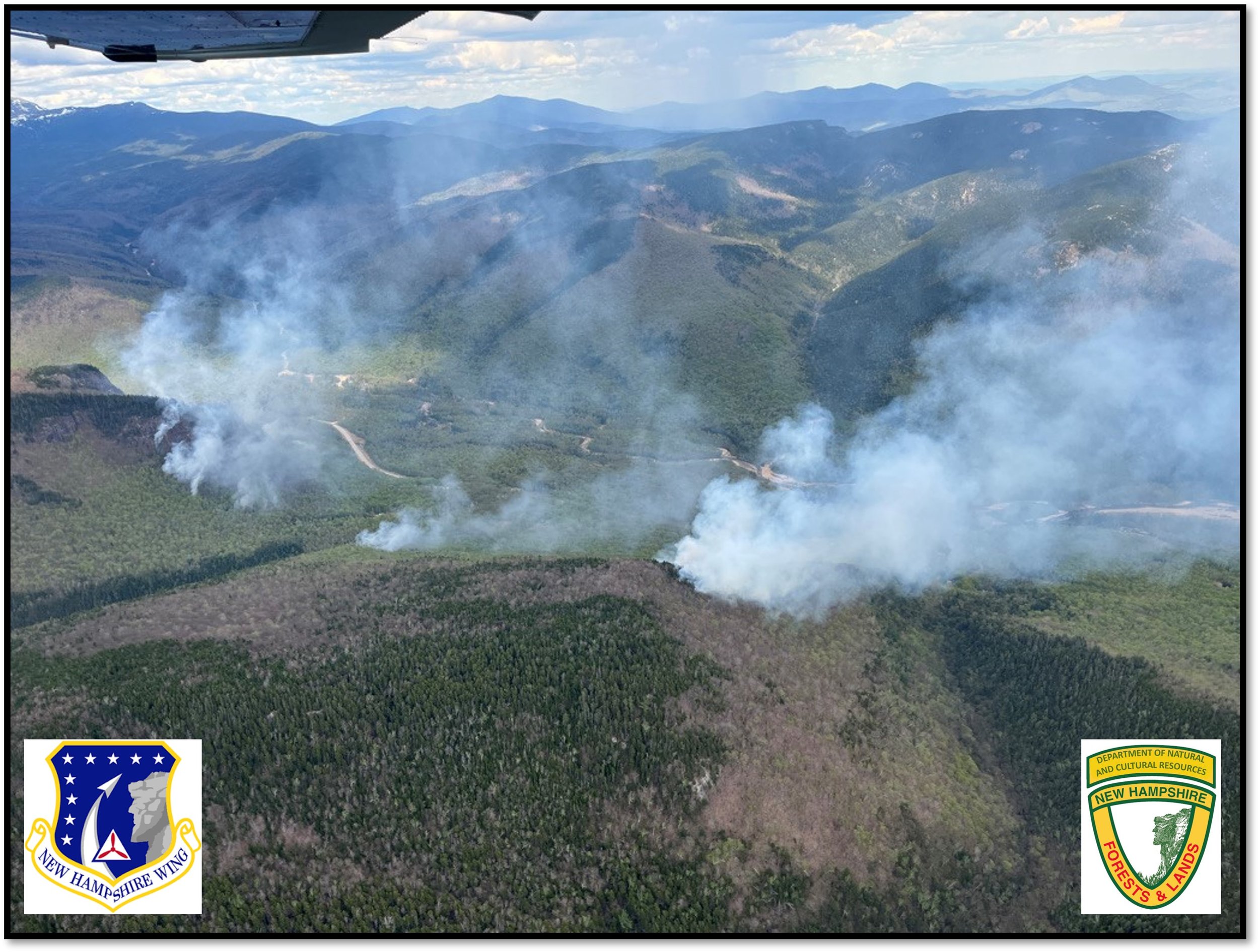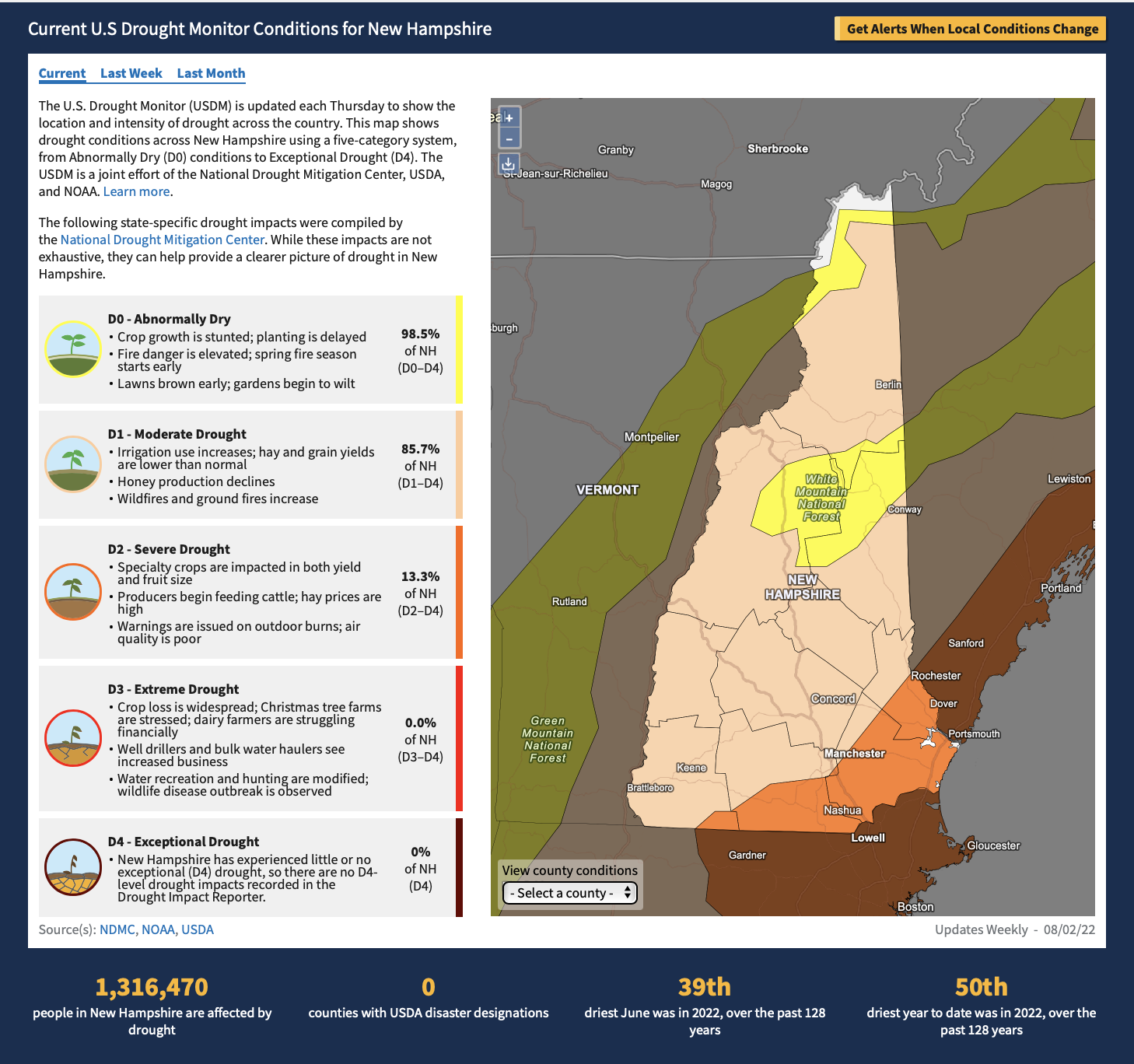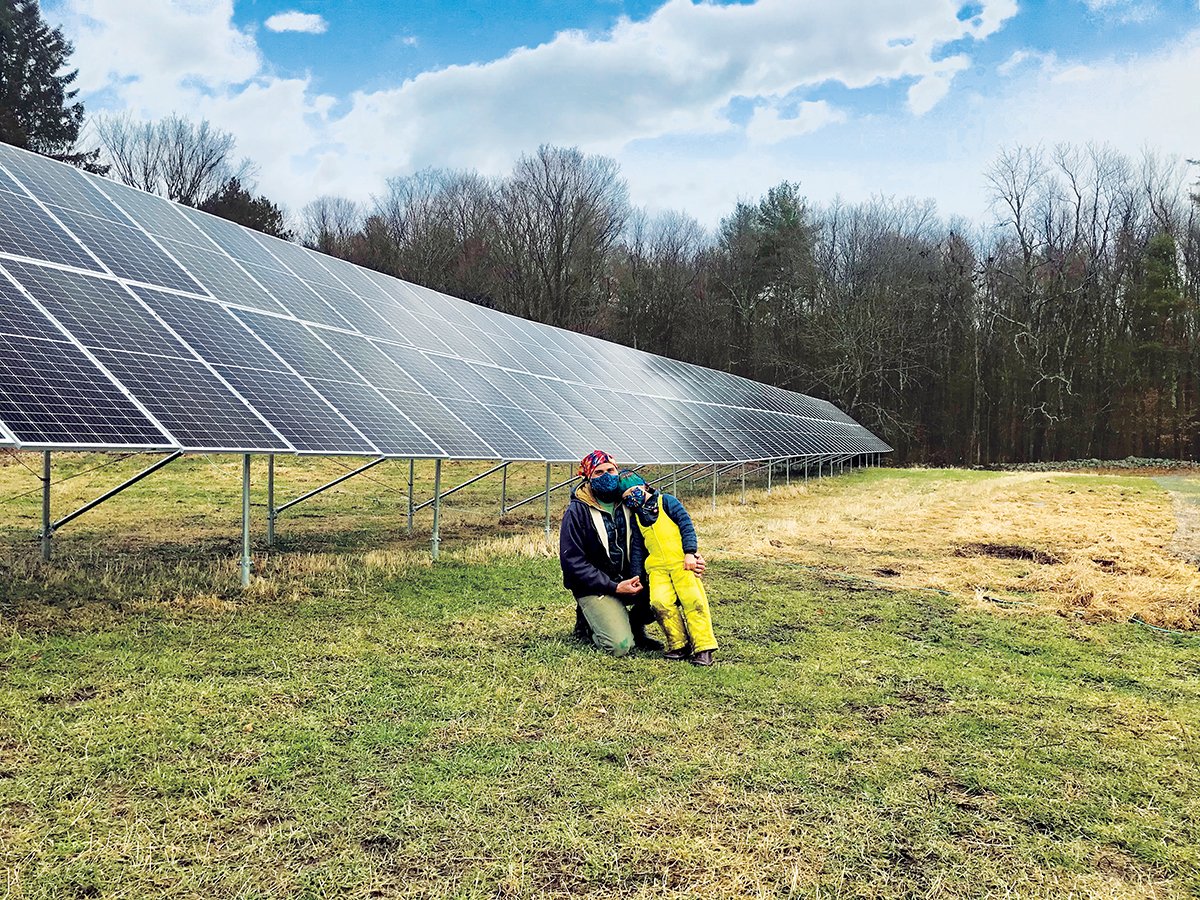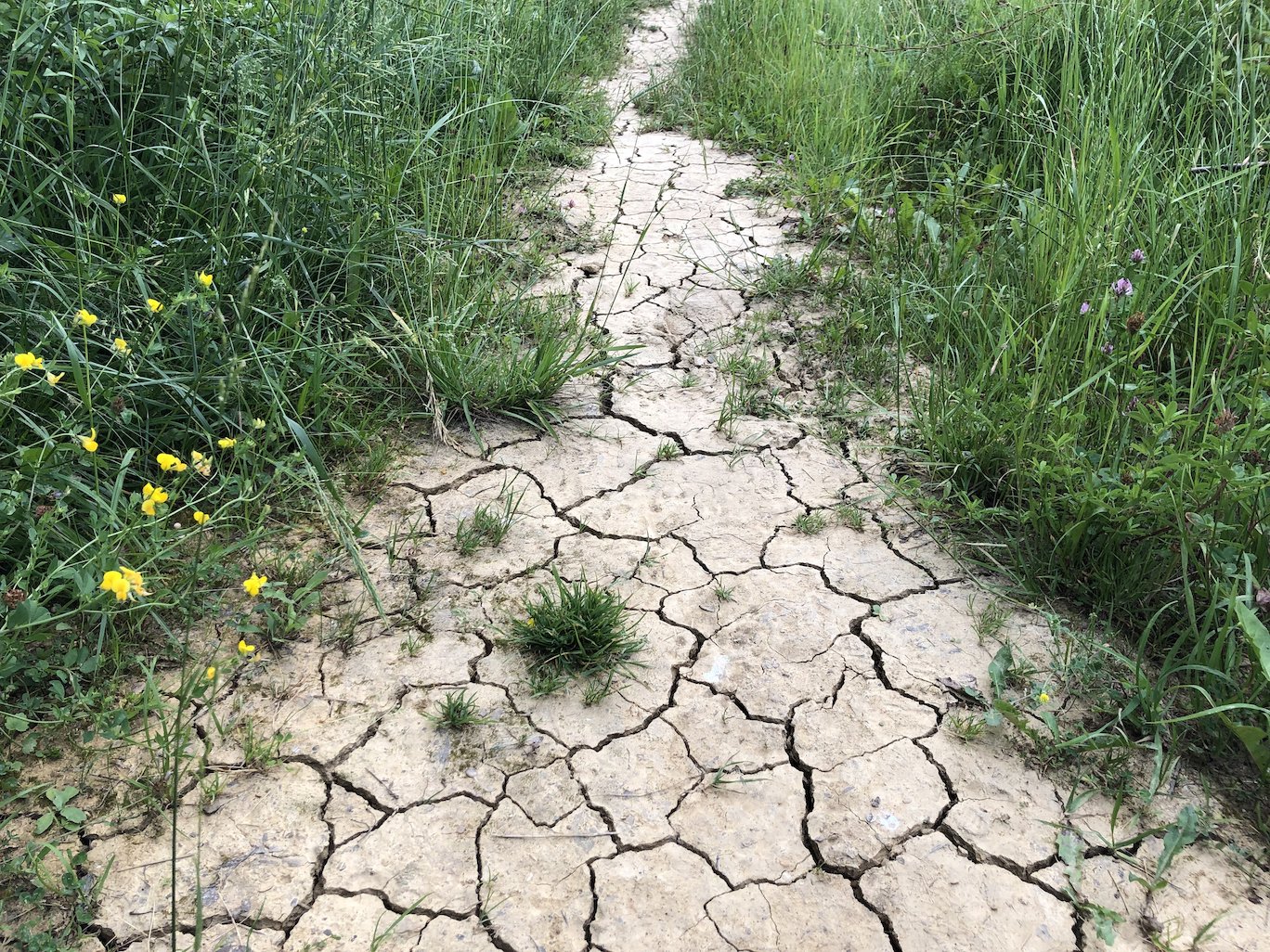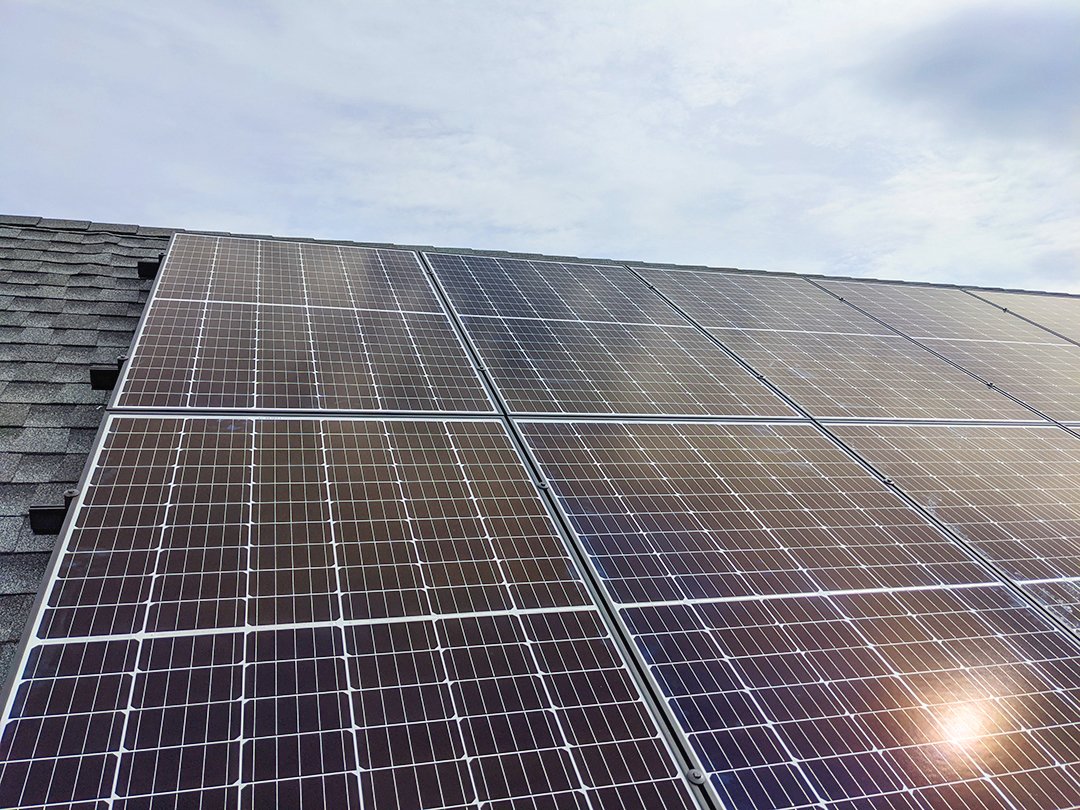Recommendations compiled by 350 New Hampshire staff, with support from volunteers, community members, and other environmental organizations.
Overall Goals
Use IPCC data and recommendations to set carbon reduction goals by sector, with the understanding that individuals and communities with a large carbon footprint will need to reduce their footprint by more than 42.5% by 2030 in order to reach the planet’s goals of 42.5% by 2030.
Establish energy transition goals, such as sourcing 60% of energy for state buildings from 100% renewable energy by 2030, 100% of energy for state buildings by 2035, and a 100% renewable grid by 2035 (5 years behind the target date of 2030 from IPCC).
Establish goals to reduce single-occupancy vehicle miles traveled, such as by 5% for 2024 and by 15% for 2030.
Establish environmental justice standards that prevent more burden of pollution and negative health impacts on disadvantaged communities.
What’s in this plan?
Overall Goals
Summary
Context
Recommendations by Area
Environmental Justice
Electric Generation
Energy Efficiency
Transportation
Natural Resources & Land Use
Commercial & Industrial
Waste Generation
Agriculture & Forestry
Adaptation and Mitigation of Climate Impacts
Accountability & Enforcement
SUMMARY
A People’s NH Climate Action Plan prioritizes climate justice. In order to achieve the climate goals that reduce emissions and address pollution, our recommendations include:
Creating goals to get to 100% renewable energy by 2040
Banning any new fossil fuel infrastructure to prioritize a transition to clean energy, increased energy efficiency efforts, and improved transmission systems (this transition cannot include nuclear, biomass, or hydrogen energy)
Establishing environmental justice standards that prevent more burden of pollution and negative health impacts on disadvantaged communities.
Improving climate literacy education by including the social, economic, and political impacts of climate change in school curriculum
Establishing job training programs that prioritize our workers, a just transition, and keeping young people in the state
Expanding electric vehicle, electric bicycle, and public transportation options to reduce emissions from the transportation sector
Banning PFAS in industrial processes and requires polluters to be responsible for the messes they make
Building on climate resiliency programs to protect community health, environmental health, and resiliency from increased storms, droughts, and floods.
Our current energy grid and environmental policy is wholly inadequate to slow the progression of climate change. We know that changing this entire system is not a one-night-project, and some of the suggestions in this plan are going to be difficult to implement. But we are only limited by our own thinking and our refusal to adjust the systems we have in place to make space for a better, environmentally sound future.
We can start with the pieces of a climate action plan that are easier for us to achieve, but must not lose sight of the reason for the more ambitious goals: our planet is on fire, and we have the knowledge, resources, and time to fix it. All we need to do is make sure we have the willpower to get it done.
Context
Climate change is a priority problem for Granite Staters despite gaps in public understanding of the threat. The Yale Program on Climate Change Communication found that among residents of New Hampshire:
Over 65% of adults think developing clean energy should be a priority for the president and Congress.
Over 75% of adults believe schools should teach about the causes, consequences, and potential solutions to global warming.
Over 75% of adults support regulating CO2 as a pollutant.
And over 55% of adults think global warming is caused by humans.
The impacts of climate change are hitting New Hampshire. Extreme flooding in 2023 and 2024 devastated communities across the state. In prior years, droughts and unpredictable weather posed challenges for our farmers. Increasingly hot heat waves affect the health of our unhoused neighbors and our elderly population. Environmental injustices in our state have burdened low income communities with harmful landfills, created cancer clusters from PFAS chemicals, and threatened water quality across the state.
New Hampshire has failed in the past to establish emission reduction goals. Our dependence on imported fracked gas and failure to transition to renewable energy has led to increased energy rates in our utility bills. We have a chance, with the federal funding available at this time, to prioritize policies and structural changes that center climate justice by prioritizing the people most impacted by climate change over the profits of fossil fuel companies.


